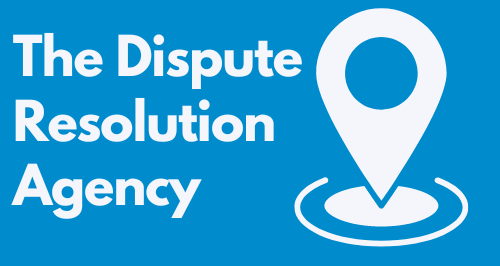Finding Workplace Dispute Resolution Practitioners
Mediation and Dispute Resolution for neighbourhood matters
Find Mediators and Dispute Resolution professionals for your conflict or dispute
Neighbour disputes are never a nice experience. Using mediation can help you bring a conclusion to your issues and help you repair the relationship or at least re-set the expectations and allow you to enjoy your homes peacefully.
What is Community Mediation?
Community Mediation is a way for neighbours to resolve disputes which arise as a result of common issues such as noise, smells, parking, boundary disputes and in rare cases, anti-social behaviour.
It is a form or assisted conversation between those involved and may include a property manager or Housing Association. Community Mediation provides a safe space for the parties to discuss the issues, and work towards an agreement that works for each.
A Mediator is a professional who remains neutral and will take the time to listen to you and your neighbour, help you have your discussion and share your points, and help you better understand the issues from both perspectives.
In Community Mediation, it is common to have two trained mediators who will work with you as a team. They will spend time with you to explore what has happened and how you want to resolve things. Your Mediators will not influence you or take sides and do not provide advice. Qualified mediators are trained to facilitate discussions and will help you on a confidential and impartial basis.
How does Community Mediation Work?
You may have been referred to mediation from a professional or you may have discovered mediation by searching on the internet or talking to friends and family.
Mediation is not a legal process and your mediators will not decide outcomes for you. It is entirely confidential and you are in charge of making your decisions.
The starting point is to ensure that everyone understands what is involved in engaging with mediation. Each person involved in the conflict has the right NOT to participate. However, most people are happy to give mediation a go and once they do, they wish they had done so much sooner. Mediations are very successful – the national average success rate is 90%.
Who Pays for Community Mediation?
Community Mediation is usually funded through grants and Local Authority funding. There is usually no cost to the parties. However, if you need additional support on an individual basis, there may be some fees to pay. Your Community Mediation provider will let you know if this applies to you and your situation.
What if My Neighbour Does Not Want to Mediate?
As all parties need to agree to engage with mediation, if one or more parties do not want to proceed, then mediation is not suitable. In this case you may want to seek alternative support such as one-to-one support to help you self-manage the conflict, advice from Citizens Advice or if you feel your legal rights are being affected, you may wish to consider your legal position with a lawyer.
If you are unsure about your situation, contact the team on 03300 431 757 or email us via
help@disputeresolutionagency.com.
Before the Mediation
Suitability and getting ready
- A referral is usually made OR you may request mediation directly to a Community Mediation Provider
- The provider will explore suitability for mediation and ensure that it is the right option for you to resolve your matter
- You will be allocated a Mediator who will make contact with each of you to talk through your issues confidentially on an individual basis.
During Mediation
Working together to reach agreement
- Your Mediator will work with you both and there may be a few phone calls before a joint meeting. Community Mediation usually takes place in your homes (or remotely via online meeting platforms).
- If a joint meeting is needed, your mediator will set this up and confirm the details. This may be for a few hours, a whole day, or shorter, depending on the issues and what is needed.
- If you agree some outcomes, your Mediator will help you draft a mediation agreement. This is not a legal document but an outline of your key actions, any time-frames, and what happens if the agreement is breached.
After Mediation
Supporting you afterwards
Following your Mediation, your Mediator will check-in with you to see if you are both sticking to the agreement or if more support is needed.







